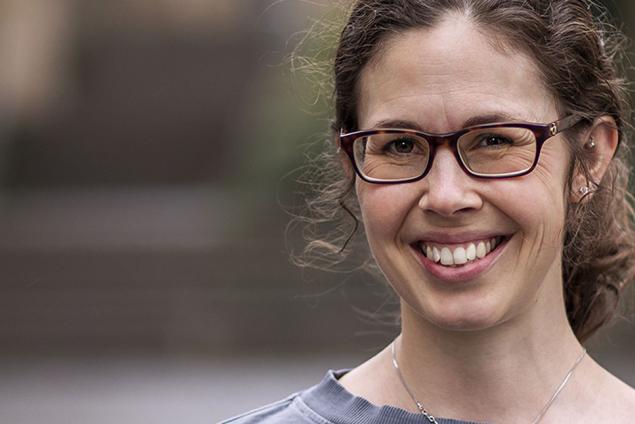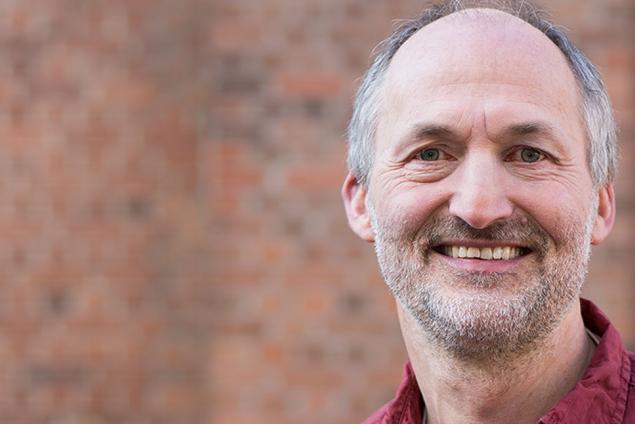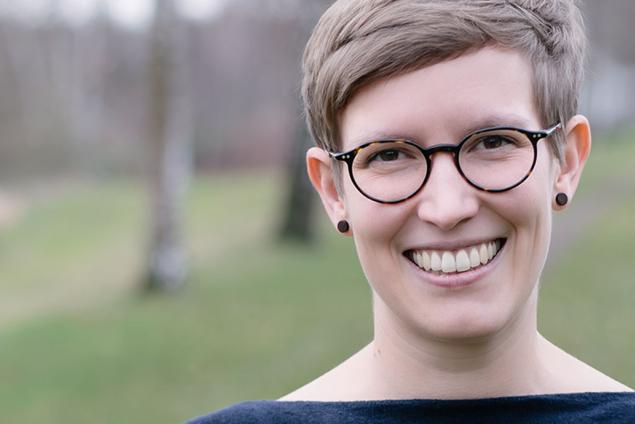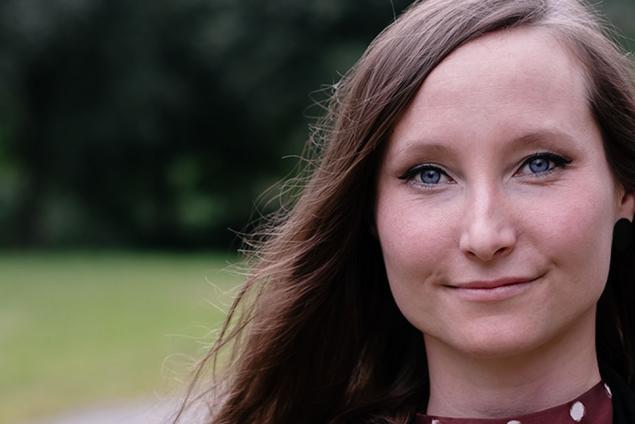Scroll to Section:
Sea grasses play an important role in the global carbon cycle. In this video, SINA SCHORN investigates the mechanisms by which the Mediterranean sea grass Posidonia oceanica stores carbon while emitting methane. Employing methods including flex measurements and substrate addition experiments, among Schorn’s most important findings is the fact that sediments in which sea grasses have died off can continue to emit methane for decades. This research thus highlights the importance of preserving sea grasses while providing the methodological foundation for further work on other sea grass species.
DOI:
https://doi.org/10.21036/LTPUB101038
Institution
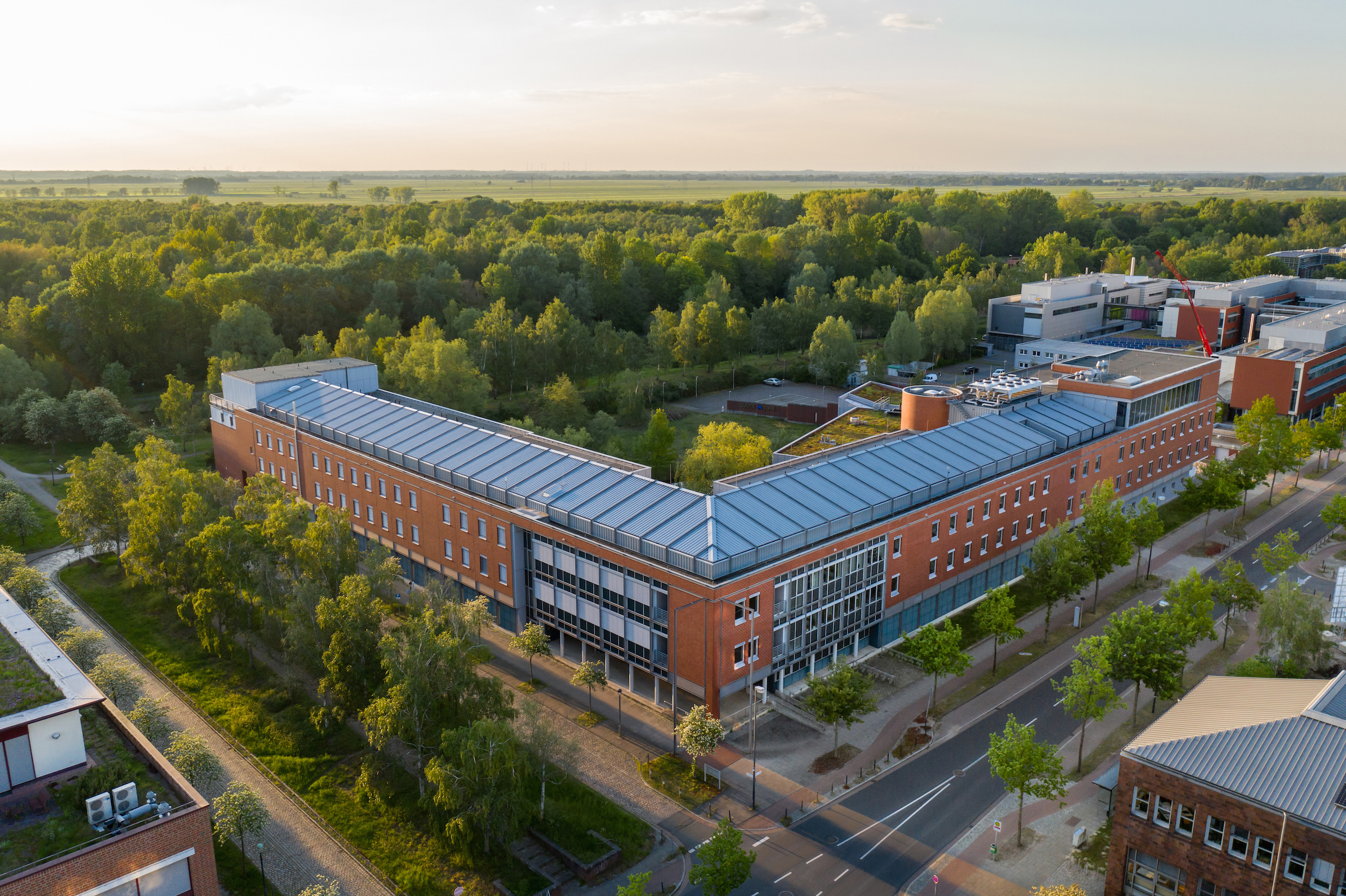
Max Planck Institute for Marine Microbiology
At the Max Planck Institute for Marine Microbiology (MPIMM), we are investigating microorganisms in the sea and other waters. What role do they play, what are their characteristics and how great is their biodiversity? What is the contribution of microorganisms to the global cycles of carbon, nitrogen, sulfur and iron? What does this mean for our environment and our climate? These and many other questions will be answered by researchers from around the world, engineers, technicians and numerous others at the MPIMM. Their fields of expertise range from microbiology to microsensors, geochemistry to genome analysis and molecular ecology to modelling.
The MPIMM was founded in 1992 and is part of the Max Planck Society (MPG). Since 2002, the MPIMM has been running the International Max Planck Research School of Marine Microbiology ( MarMic ), a program for highly qualified master students and graduates of our institute and the Bremen Research Alliance partner Bremen University, Alfred Wegener Institute Helmholtz Center for Polar and Marine Research ( AWI ) and Jacobs University.
Show more
Original publication
Diverse Methylotrophic Methanogenic Archaea Cause High Methane Emissions From Seagrass Meadows
Proceedings of the National Academy of Sciences
Published in 2022
Reading recommendations
Methane Production By Seagrass Ecosystems In The Red Sea
Frontiers in Marine Science
Published in 2017
A Synthesis Of Methane Emissions From Shallow Vegetated Coastal Ecosystems
Global Change Biology
Published in 2020
Half Of Global Methane Emissions Come From Highly Variable Aquatic Ecosystem Sources
Nature Geoscience
Published in 2021
Beyond
A Ground-breaking Scientific Revolution
An Alarming Challenge for Society
If I Had a Second Life
A Personal Reading Recommendation
